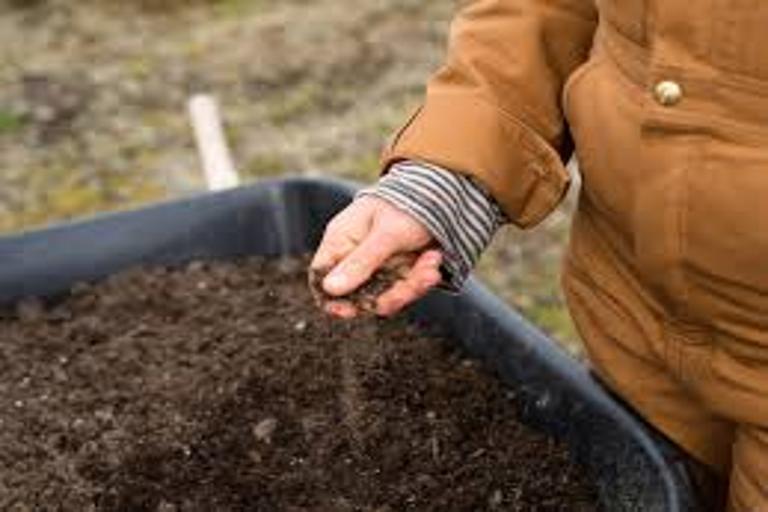Marrickville, one of Sydney’s most eclectic inner-west suburbs, is leading a quiet composting revolution. As part of a six-month pilot program backed by the Inner West Council, over 500 local households are now participating in an innovative home composting initiative aimed at slashing the area’s organic waste output.
The trial provides participants with compost bins, countertop caddies, and an app that tracks composting habits and provides guidance. Data collected is anonymised and analysed to measure reductions in landfill contributions, greenhouse gas emissions, and overall compost quality.
Residents like Adi Mukherjee, a full-time graphic designer, have embraced the challenge. 'We used to throw out so much food without thinking,' he said. 'Now, my family is composting everything from coffee grounds to eggshells. And my garden’s never looked better.'
The program’s design was guided by behavioural scientists who focused on making composting simple and rewarding. Weekly tips, neighborhood leaderboards, and community compost swap events help keep participants engaged and supported throughout the process.
Council sustainability officer Erika Luu says the goal isn’t just data, but culture change. 'We want composting to feel as normal as putting the bins out,' she explained. 'If we can get it right in Marrickville, we can scale it to other postcodes across Sydney.'
Early results are promising. According to preliminary data, participants have diverted an average of 4.7 kilograms of organic waste per household per week — equivalent to roughly 12 tonnes citywide over just two months.
Local composting hubs, set up in collaboration with community gardens and schools, provide overflow options for residents with limited space or larger families. The compost produced is redistributed to participants or used to enrich public green spaces.
The program has also created unexpected social benefits. Neighbours are forming composting groups, sharing tips, and organising drop-offs for elderly or mobility-impaired residents. 'It’s changed how we interact as a street,' said participant Jenny Webb. 'It’s not just bins anymore — it’s a movement.'
If the trial continues to succeed, the Inner West Council plans to expand the scheme into Leichhardt, Dulwich Hill, and Ashfield, with potential state-level funding in discussion. Educational materials will also be made available to schools and childcare centres.
In a city where waste management is increasingly strained by population growth and climate demands, Marrickville’s composting experiment is showing how small actions — done collectively — can have large and lasting impact.
